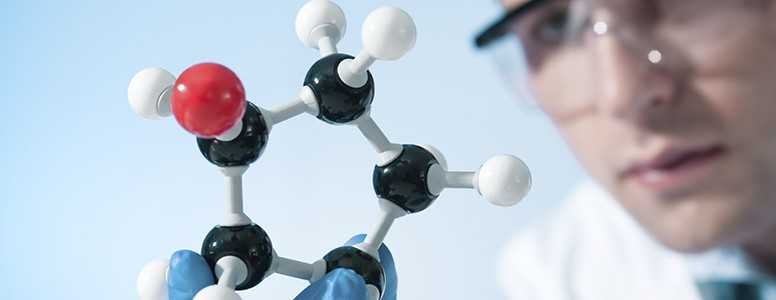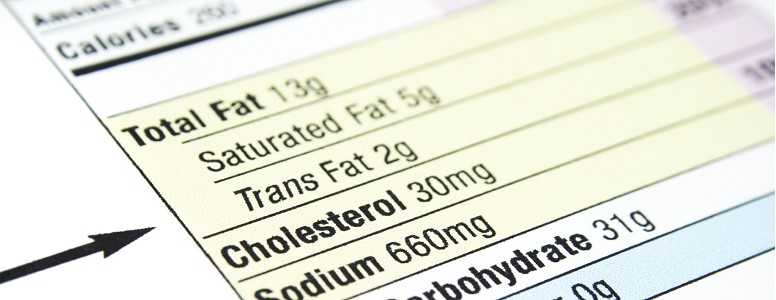Researchers have observed that a hormone called urocortin 3 reduces insulin production, which could lead to new ways of treating or preventing diabetes.
The discovery was made by Mark Huising and his team at the Department of Neurobiology, Physiology and Behaviour, UC Davis College of Biological Sciences.
Urocortin 3, a peptide hormone produced by islet beta cells, is stored and released alongside insulin. Following new experiments, urocortin 3 was also found to release somatostati, which serves to suppress insulin production.
Laboratory studies on animal models found that reduced urocortin 3 led to islets producing more insulin, but control was lost over how much was released.
Huising believes than urocortin 3 is a primary contributor to achieving stable control of blood glucose levels. When urocortin 3 is reduced during diabetes, this can lead to glycemic instability.
“It turns out that there is a lot of crosstalk going on in the islets to balance insulin and glucagon secretio,” said Huising. “The negative feedback that urocortin 3 provides is necessary to tightly control blood sugar levels at all times.”
The researchers hope to understand how different forms of diabetes develop when this regulation of blood sugar goes wrong. In time, their approach could lead to understanding on how to prevent diabetes.
The results of this study were published in the journal Nature Medicine.
What's new on the forum? ⭐️
Get our free newsletters
Stay up to date with the latest news, research and breakthroughs.





